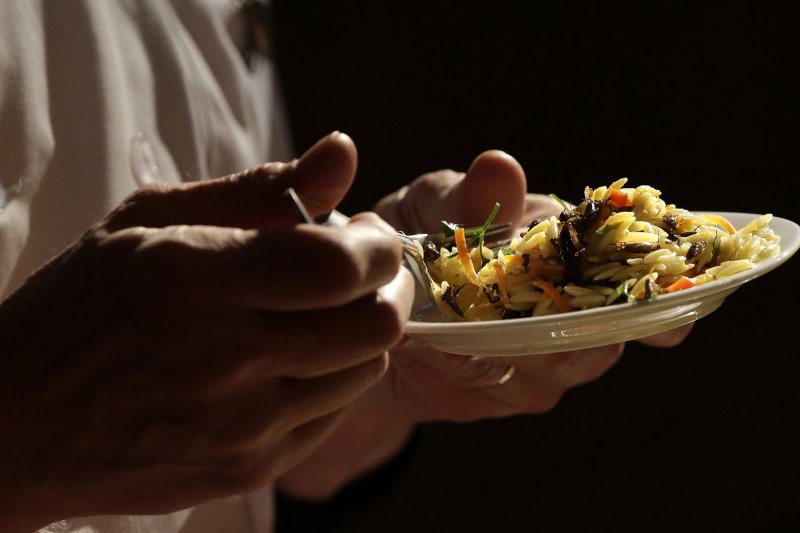July 18 (UPI) -- Researchers at the University of Bristol found that obese and overweight people often do not take their next meal into consideration in portion size decisions.
In the study, presented this week at the 25th annual meeting of the Society for the Study of Ingestive Behavior, participants completed a series of computerized tasks including selecting lunch portion sizes after they were told how long dinner would be after lunch in a time ranging up to eight hours.















